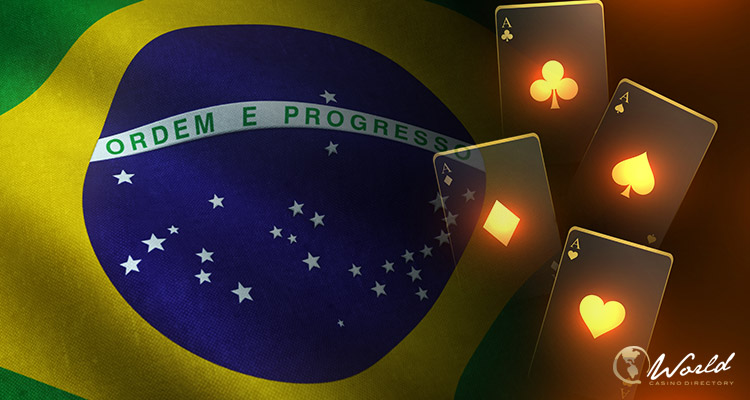After the country’s president Luiz Inácio Lula da Silva officially legalized sports wagering in July this year and signed the Provisional Measure (PM), which applied the 2018 law, Brazil has now decided to debut its federal online gambling marketplace. In this regard, on the afternoon of October 27, the Ministry of Finance issued Ordinance No. 1330, which offers an all-inclusive demands for companies that want to operate in the aforementioned market.
Firms wishing to operate in the market must state their intentions within 30 days:
As revealed in the official newspaper of the mentioned Ministry, any operator who wants to operate legally in the Brazilian online gambling market has the obligation to state its intentions within 30 days, which is an action taken with the ultimate goal of “expediting the government’s authorization process.” However, the entry demands highlight that operators have to form “specific service centers“ to offer much-needed support to clients.
Additionally, firms wishing to enter the said market must file a “signed declaration and form” to this particular email address: cogel.apoio@fazenda.gov.br.
In compliance with the information provided by SBC Noticias, the ordinance indicates certain limitations, according to SBC News: “The legal text prohibits granting concessions to companies with shareholders, directors, and corporate members who are professional athletes, members of technical committees, referees, and directors of national sports teams, as well as to companies without a subsidiary in Brazil.”
Maintaining the integrity of the industry as one of the main requirements:
Every operator, in this case the applicant, have to maintain the integrity of the industry and stick to legal and ethical standards. In addition, they are also required to carefully monitor and accurately report any transaction that appears suspicious or irregular directly to the Financial Activities Control Council (COAF).
Beside this, more secure gambling is also cited as a key demand for entry. To achieve this, applicants have to apply precautionary measures that will relentlessly combat clients debts and the entire problem of gambling addiction. Then, operators have to demonstrate all user protection measures, because access to online gaming platform is restricted to persons under the age of 18.
The next requirement is that said applicants must offer tools to be used to set loss limits, options for self-exclusion, playtime limits and break periods.
Prohibition of using third-party payment methods:
As for the payments, platforms are forbidden from using payment methods from third-parties for clients transactions.
And finally, the aforementioned Ordinance ends with a primary focus on advertising, emphasizing that any communication between players and marketing have to stick to “socially responsible practices.” Easy-to-understand guidelines and limitations have been put in place to make sure that the content used for advertising is not misleading and officially promotes the responsible wagering culture.
What’s more, according to the aforementioned Ministry, these demands of the Ordinance come into effect instantly upon publication.



